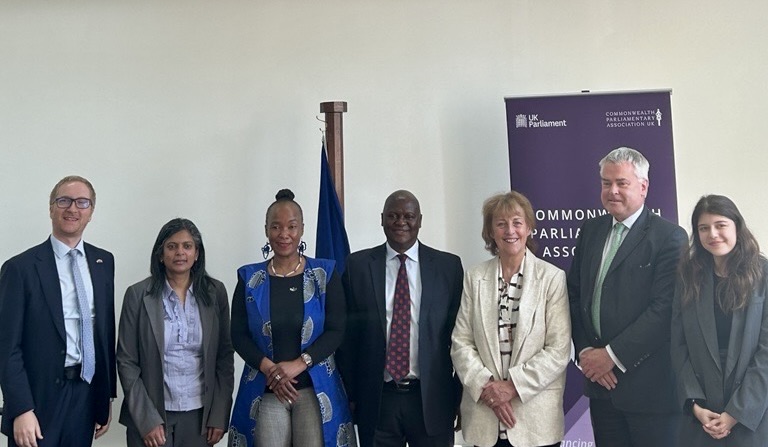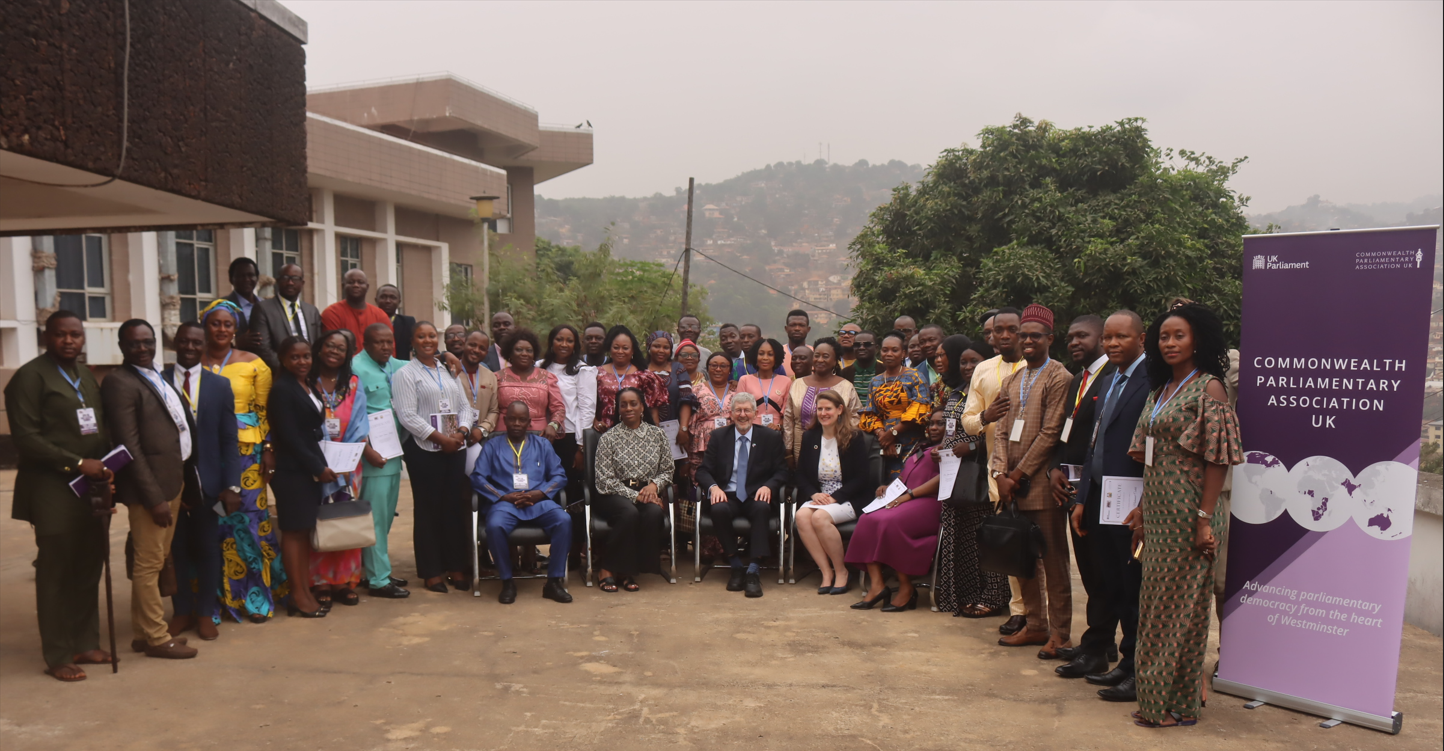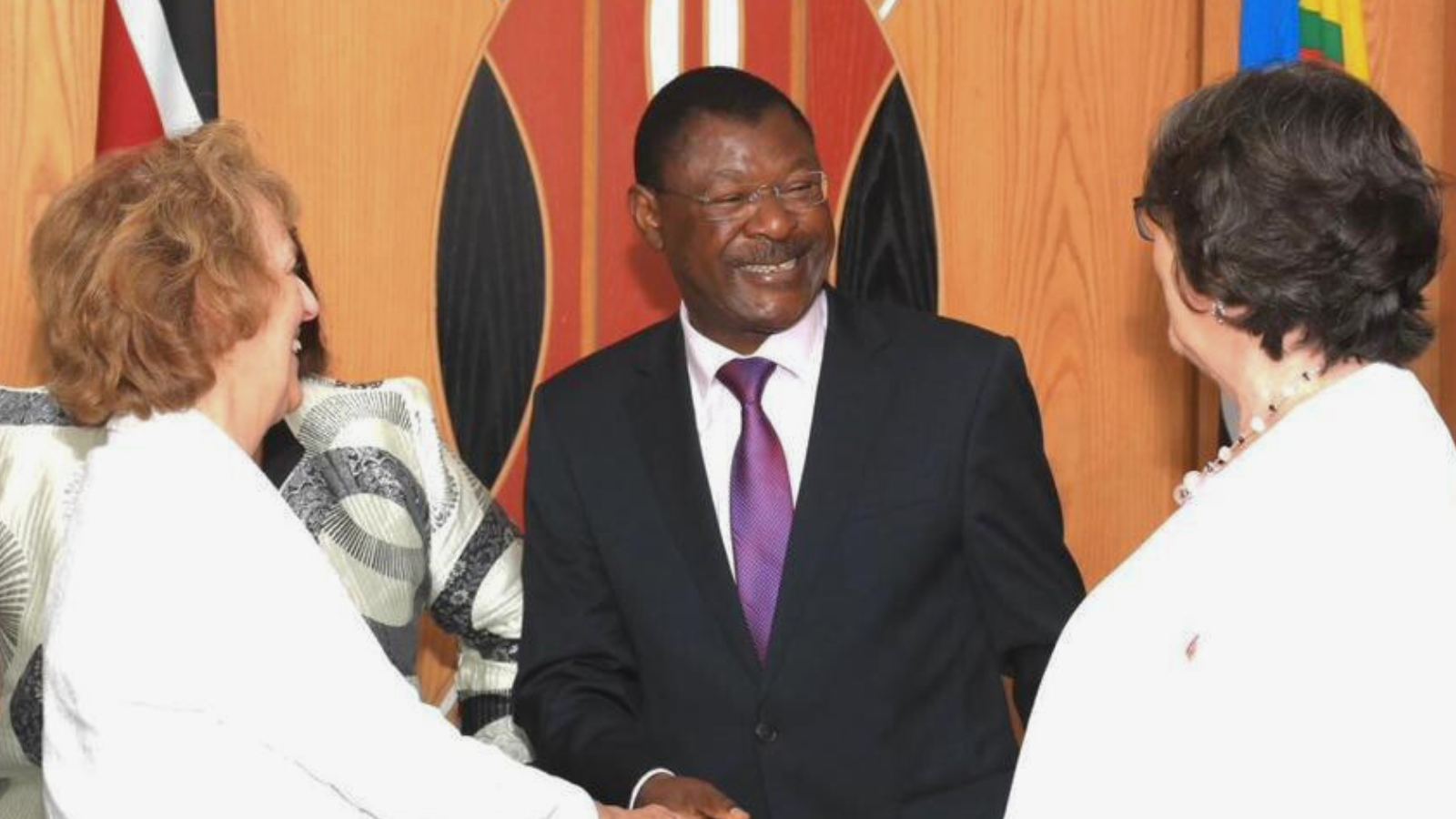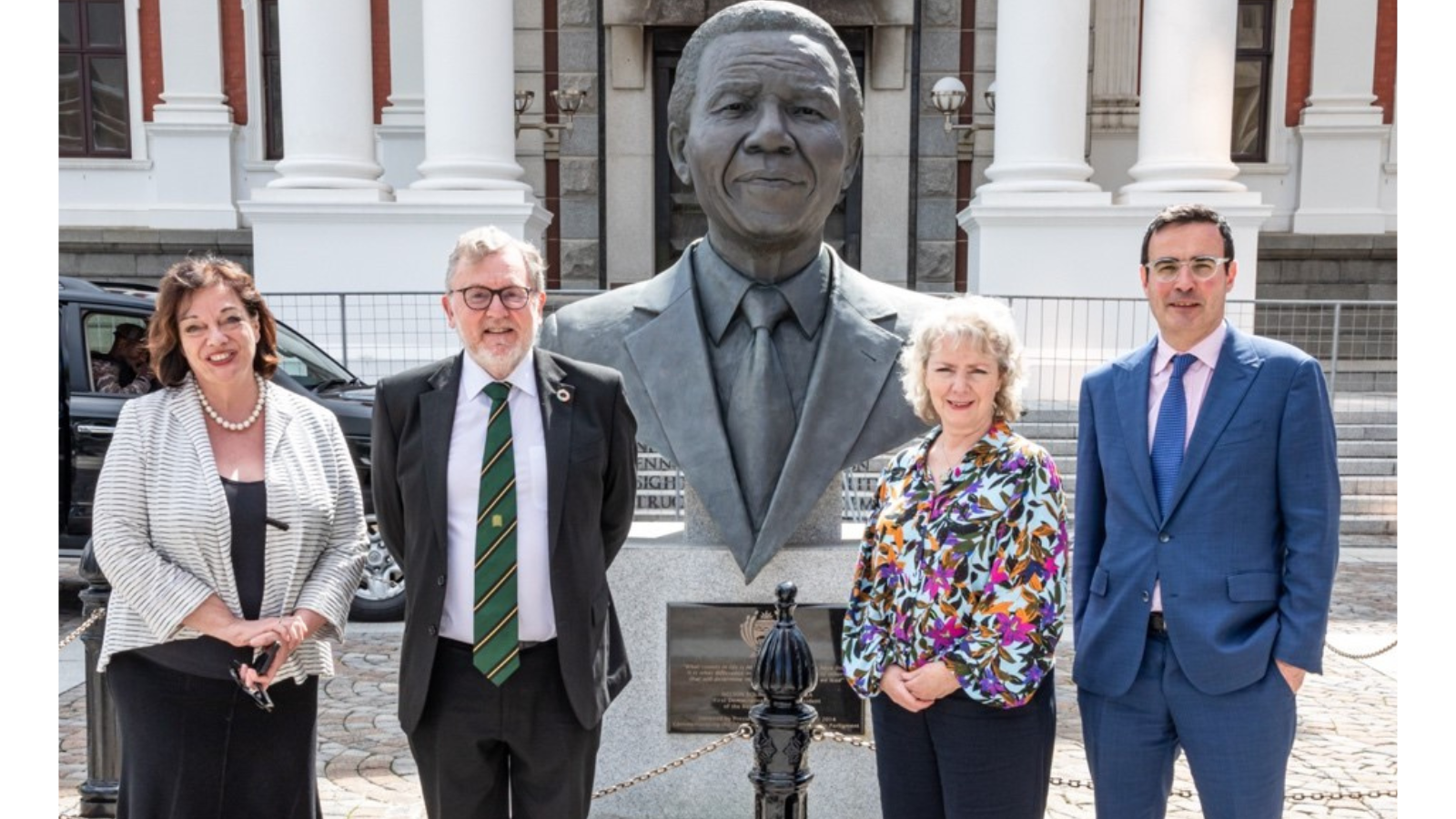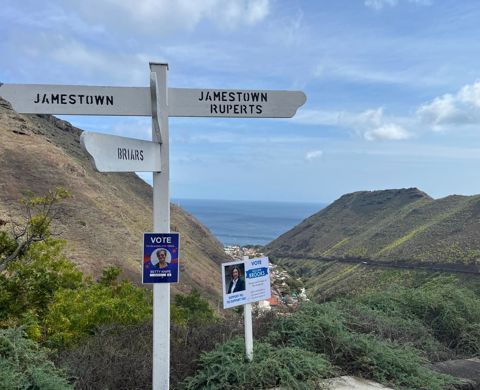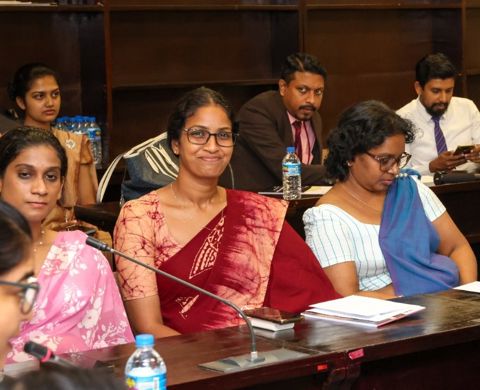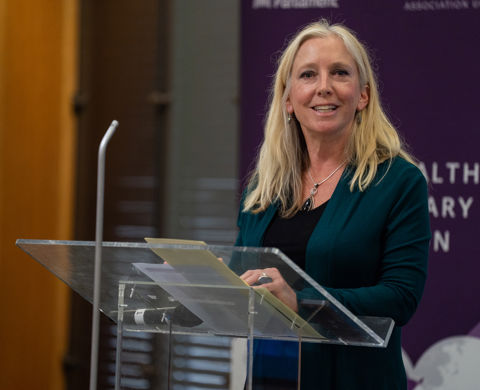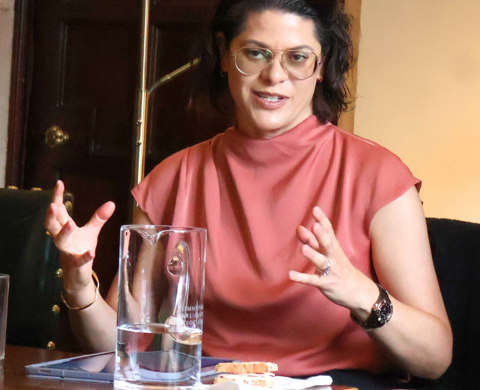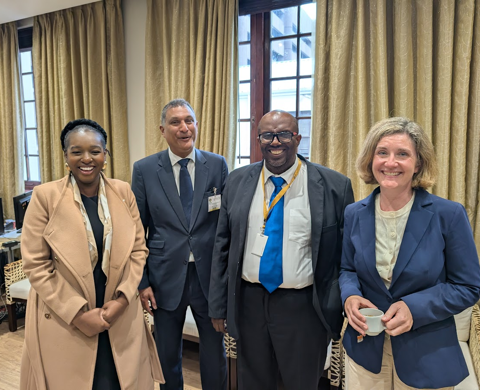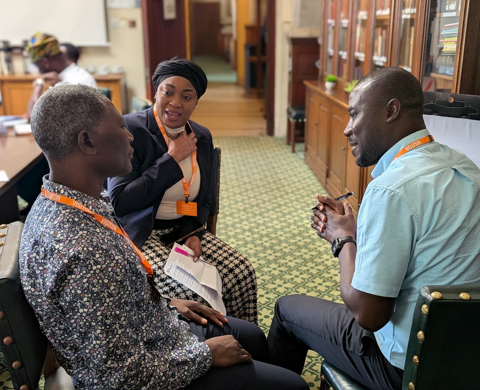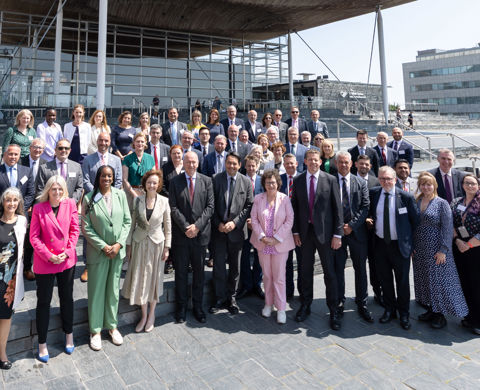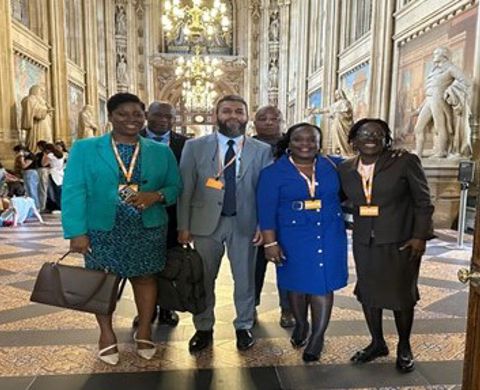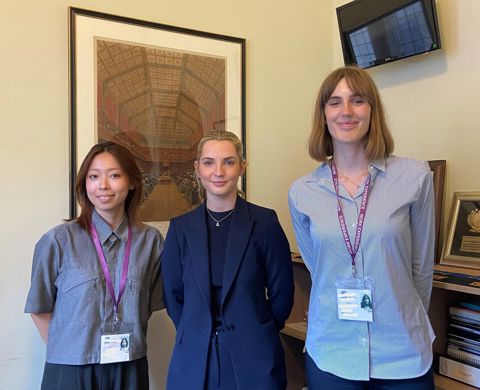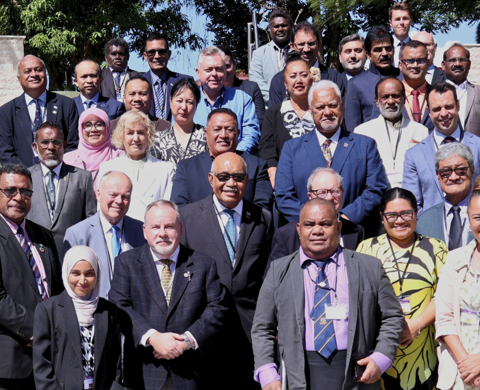Ghana - Visit by the Business and Special Budget Committees
Published 28 November 2018
From 20 – 22 November 2018, CPA UK hosted Members from the Business and Special Budget Committees of the Parliament of Ghana in Westminster to share knowledge and best practices on financial scrutiny, the UK select committee system and whip processes.
Over the course of three days, the delegates met and engaged with MPs, clerks and officials from various committees and departments, including the Public Administration and Constitutional Affairs Committee; the Backbench Business Committee, the Selection Committee; the National Audit Office (NAO) and the Financial Scrutiny Unit.
While discussing the mechanisms governing financial oversight of the executive and independent institutions, delegates of the Special Budget Committee explored the role of the National Audit Office and its relationship with the UK Public Accounts Committee. Participants mentioned that a proposal for setting up a Scrutiny Office within Parliament has been there for quite some time, and they intend to push for its establishment over the next few months. Participants also highlighted the need to have frequent scrutiny of budgets as opposed to annual scrutiny conducted by the Committee currently.
On the other hand, members of the Business Committee discussed the role and remit of the Backbench Business Committee in the UK. Although the roles of both committees differ to some extent, delegates were able to acquire an in-depth understanding of backbench business and influence, in light of UK’s evolving constitution and recent political developments in the country. Participants mentioned that they need to find mechanisms to enable backbenchers to bring their business, motions and bills to Parliament and will consider introducing a Backbench Committee in the Ghanaian Parliament.
The delegation also enjoyed learning about the UK whip system and how select committees operate in terms of structure and appointments. Delegates compared the UK select committee system with Ghana and noticed that chairs in Westminster are elected as opposed to selected. They discussed the challenges faced by their parliament in following the election system for chairs as well as difficulties of presenting gender and party balanced committees.
In addition to the plenary and interactive discussions, delegates viewed Prime Minister’s Question Time and the weekly Business Statement by the Leader of the House. They were impressed with the manner in which the Prime Minister conducts herself and answers questions on the spot. One delegate stated that a proposal to the Standing Orders Committee will be put forward to introduce a similar process within their system whereby the Vice President would appear before the House to answer questions.
At the end of the programme, the delegates indicated that they now better understand the internal workings of Westminster and feel encouraged to think of “new ways of doing things”. The delegates appreciated the differences that exist between Westminster and Ghana’s hybrid system of governance and stated that they will seek to implement best practices in light of their own context and conventions.
CPA UK looks forward to strengthening its special relationship with the Parliament of Ghana and facilitating similar capacity building and parliamentary strengthening programmes in the future.
For more information about CPA UK's work in Ghana, please click here.
Key Highlights
- The visit covered a variety of themes around financial oversight and parliamentary business, including budget and financial scrutiny; conducting enquiries and evidence sessions; the role of whips; backbench time and influence; and legislative scrutiny.
- Delegates particularly enjoyed learning about the Whip system, and the development and implementation of parliamentary business in Westminster.
- The delegation observed the weekly Business Statement presented by the leader of the House, Rt Hon Andrea Leadsom MP.
- Participants indicated that they found the programme informative and useful, and as a result feel more confident in delivering their mandates and responsibilities.
- Participants recognised that the functions of select committees vary across both legislatures, therefore understanding context is crucial.
- Delegates will share lessons learnt and best practices with their fellow colleagues upon their return and proposals for setting up a Scrutiny Unit and a Backbench Committee in Ghana will also be considered.


